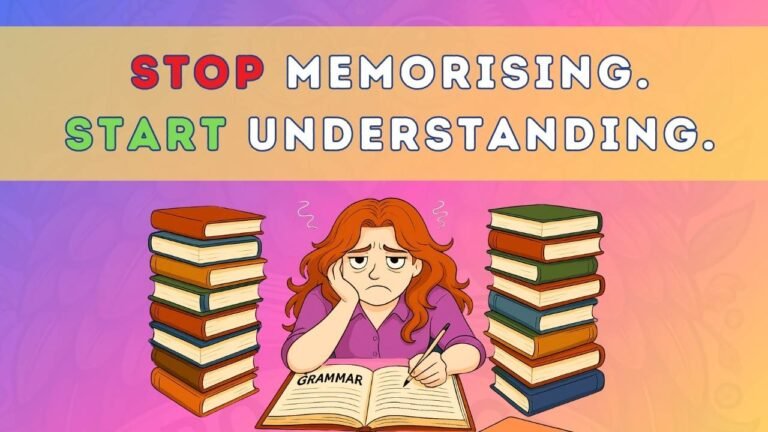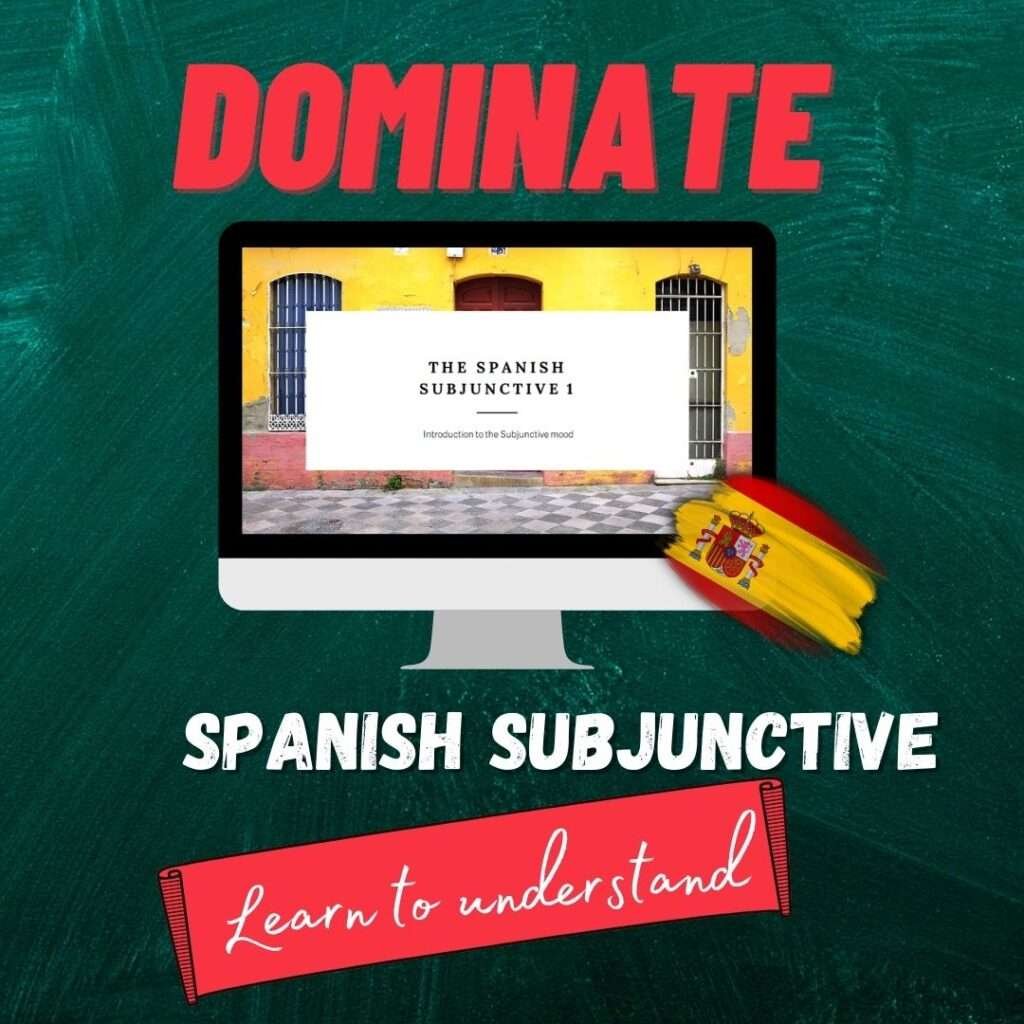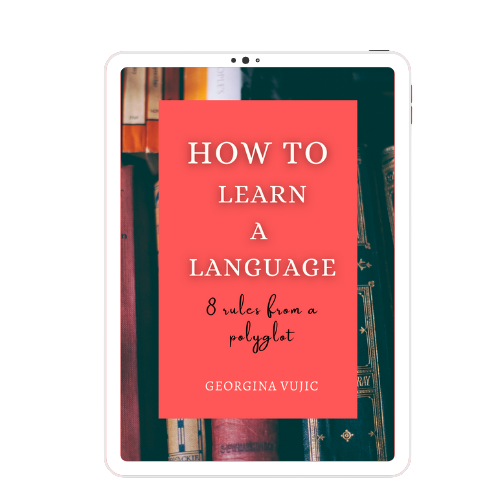Whenever we set our minds on learning a new skill, whatever that might be, we always find ourselves asking the same questions. How am I going to do it, and even more often, when am I going to do it?
In our previous articles, we have written about how to study a language − and what to avoid. In this post we’re going to focus on how to build a good study plan.
Learning a language isn’t the same as learning how to make pottery. It requires discipline, good time-management and a lot of well-informed mental planning that is specific and well-targeted. Some people would argue that having a good study plan is one of the hardest parts of their language learning journey.
Remember that learning a language isn’t just about deciphering sounds and symbols nor is it about collecting points and stars on Duolingo. True proficiency is achieved by most adult learners through their passion, commitment, will power and – a rock solid study plan.
THE IMPORTANCE OF A GOOD STUDY PLAN AND CURRICULUM
We can’t stress enough the importance of a good study plan. A self-taught complete beginner will usually go into language learning like gym newbies go to the gym. A bit timidly, overly excited, pumped, and most importantly, not having a clue of what they are doing.
This leaves gym newbies without a workout plan prone to injuries, years of bad form, muscle imbalances, and with some newbie gains that will make them think they are doing great. However, they always plateau after a while and never truly progress to an athlete level. Usually, they have to go back to the beginning and relearn how to train correctly and to always achieve their goals.
A language learner without a study plan will go through the same.
They will usually accumulate a massive number of mistakes that become habitual, linguistic cognitive imbalances at all levels of production, and they will think they are doing amazingly because – well, they are speaking the language.
Or so they think. This leads to a false belief that if they just keep doing more of the same, they will improve. Usually what happens is, they stay at the same level and speak their own broken version of the language. If they are more self-aware and dedicated, they seek out professional help who will mostly likely have to reteach them everything.
I have had students like these and it can be a nightmare having to detangle the wrong wires, so to speak. So save yourself time and money, and just do it right from the start.
WHAT DOES A STUDY PLAN DO?
A good study plan will offer you structure and support. It is a plan based on a well-established and tested curriculum that challenges you but provides enough room and time for adoptation of knowledge. It will set realistic standards, and it will inform you on what your next steps should be so you are able to assess and progress.
Without a study plan, you are doing more damage than you can imagine. Most adults don’t just pick up a language like children, despite recent popularization of this disproven theory. They require an educated approach and time.

It is your choice whether you decide to build a study plan yourself, or you pay a professional to do it. Whatever you do, just do your research, inform yourself, teach yourself how to, reach out and ask for advice.
If you do hire a professional, remember that not everyone on the Internet has your best interests at heart. It takes professional principles of honesty and integrity to tell a potential student that it will take years to learn a language, when they have the choice to go with 10 others who claim they can do it in 3 months.
Before we give you our top tips, always keep in mind that we all have different priorities, schedules and preferences, so try to adopt but also to adapt these 5 tips to best suit yourself.
1. UNDERSTAND YOUR GOALS AND PLAN AROUND THEM
Knowing why you want to learn a certain language is a very powerful motivator. It is also a very important fact that we need to have in mind when building a study plan.
The most successful language learners are those with a strong reason. Deciding why you want to learn the language is step 1 in your language learning journey, one that needs to be strong enough to keep you going when it gets tough.
Do you want to build up you CV? Maybe your dream job or dream country requires you to speak it? Maybe you are just in love with the people and the culture? Perhaps you want to improve your cognitive skills? Maybe you are a linguist nerd? Whatever it is – live it.
Next, you need to understand your goals, and – make sure they realistic.
To what level do you want to speak, read and write? Do you just want to be able to understand the language? Which register do you want to dominate the language in – business, colloquial, academic? Do you just want to be conversational or fluent? What is the realistic time frame you can achieve that in?
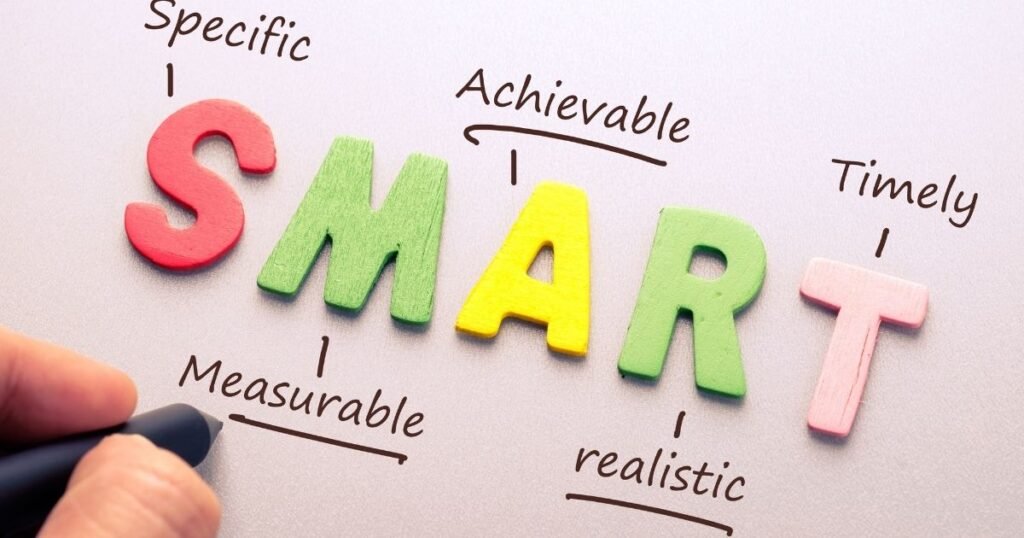
BE REALISTIC AND FOCUS ON YOURSELF
Be realistic. If you are not, the disappointment can be so great as to put you off from learning. You will find an abundance of people online saying how easy it was for them.
Try to focus on yourself despite the temptation to compare. We all have different cultural and education backgrounds that can help or further complicate language learning.
Additionally, you do not know how high other people’s standards of fluency are – you can only speak for yourself. Literally. Understand also that the Internet is full of false polyglots and that even if they aren’t lying, there is nothing wrong with you. But there might be something wrong with your study plan.
PLAN AROUND YOUR GOALS AND STUDY ACCORDINGLY
Obviously, learning some Italian because you’ll be visiting Rome in six months isn’t the same as wanting to reach proficiency that will enable you to read literature and speak with natives at their level as well as study and write in a foreign language.
These two different goals do, however, have one thing in common. They both require that you distribute your attention equally to reading, listening, writing and speaking, as these four learning activities are essential to learning a language at any level.
What will differ then is how much time you put into it over a longer, prolonged period of time – consistently.
Knowing what your plan is will prevent any confusion about where to start and what needs to be covered each day. With a plan, you will study consistently which is crucial in language learning. Repetition is key! Let’s see why that is.
Let’s imagine two students. For example, this is how the schedule of the student 1 might look like:
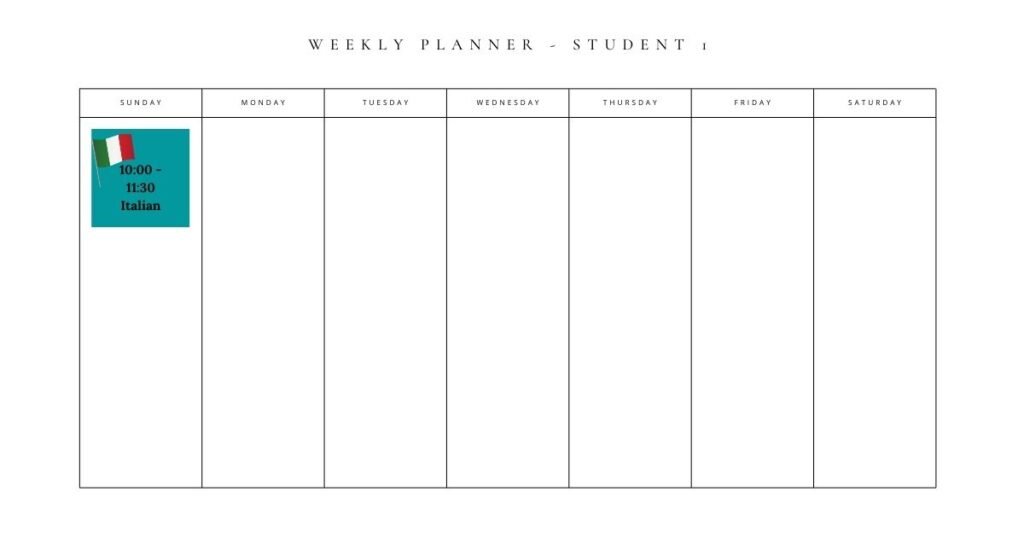
The 1 hour in the morning in the case of student 1 might be the only time in the day the person is able to squeeze in language learning. This can be a guided hour or self-taught, either way, it will produce limited results.
Input, or put simply – things we are learning – requires time to pass from temporary memory to long-term memory where it will then form part of your knowledge.
And how does that happen? Through carefully planned and spaced-out repetition.
During the time window from when it was originally received, the input needs to be reinforced further through repetition to become knowledge. Repetition has to include practice, analysis and review, or else the input will be forgotten. 1 hour per week is usually not enough repetition for most students, especially if they are self-taught.

In the case of student 2, we combined assisted, systematic teaching, which is what most people who wish to reach fluency level go for, with some out-of-class independent study hours to reinforce the subjects learnt during guided hours.
This is done over the spread of years, not in six months like some people would like you to believe. This is because most of learning for tourist purposes will consist of memorizing useful phrases. In the case of the student 2, they want to be able to use the language independently to talk about different concepts and ideas. That takes time and hard work.
To summarize – when building a study plan, plan for evenly spaced-out repetition that includes practice, review and analysis after the initial input to allow for learning to occur. With a teacher, this should also include feedback.
2. DEVELOP A REALISTIC ROUTINE
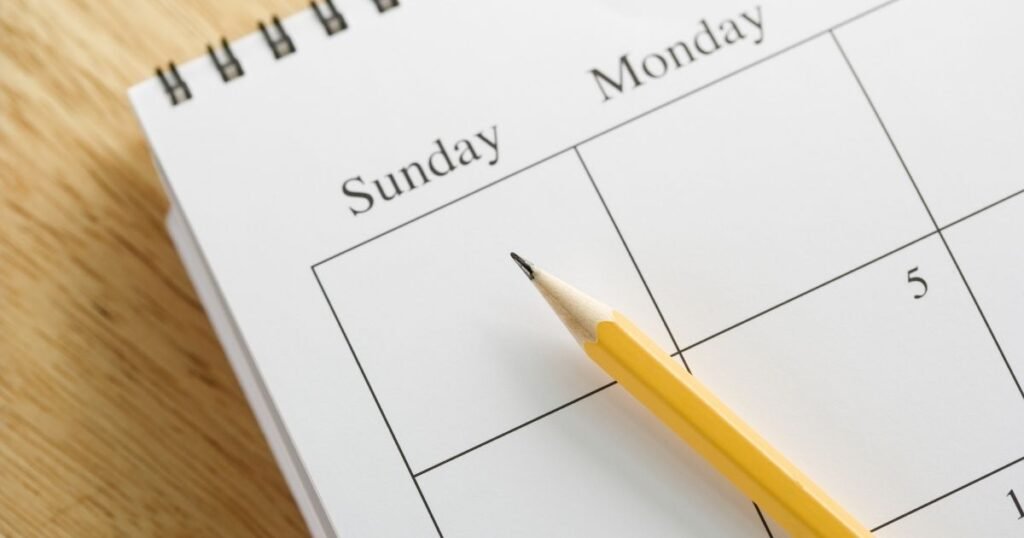
If your plan to learn a new language sounds something like this: ”I’ll learn Spanish in the next 6 months by studying 3 hours a day.’’, chances are − you’re soon going to crush and burn and won’t reach 1/3 of your goal.
That is, unless you have absolutely no other commitments in your day, you are younger or already have a knack for languages and have learnt a few before − then you might get far in 6 months’ time.
If you’re a regular to our posts, then you know that we believe − and know − that our brain needs a lot more than 6 months to adjust to the complex system that is a language.
With that being said, ask yourself how much time can you realistically devote to carefully studying a language?
If all you can manage are 3 hours per week of independent study, then schedule those 3 hours in and don’t skip them. Consistency is the key, no matter how many hours a week you put into it.
It’s better to study 3 hours per week than 9 hours in one day per week, because our brains have more time to process the knowledge and for it to set in, and then be built upon.
SCHEDULE STUDY HOURS
We advise all our adult students to buy a white board and write out their daily schedules.
Put in your work hours, your hobby hours, your family hours, and once it’s all transparently out there in black and white, you will be able to see where you have your spare time. And discover where you have been wasting time. Schedule in your language learning study hours there and stick to it no matter what.
Remember that slow and spaced out 10 minutes per day is better than any crash course in the long term if your goal is fluency.
3. KNOW YOUR RESOURCES
In today’s world, everything’s pretty much one click away. So, if you have a textbook that you use at your course but you’re not quite happy with it, or you just want more, or if you’re learning on your own, finding a plethora of resources won’t be a problem − knowing which ones to pick will be.
To start, our recommendation is to go with several different books − a textbook, a workbook, a grammar book, and combine them all.
You might find that the textbook hasn’t explained something in more details, or is simply not independent-user friendly, so you can always lean on the grammar book.
You might have to try out several different books before you find ‘the one’. This is why we advise working with several books in parallel.
If that is your first contact with the language, that is even more important: before giving up on the language entirely, ask yourself if maybe it’s not you − it’s the curriculum.

FIND A GOOD CURRICULUM AND USE A VARIETY OF RESOURCES
The biggest mistake people make is start learning a language without a good curriculum, especially if they have never previously studied foreign languages.
A good textbook is mostly judged based on the curriculum it covers and how it covers it. A good tutor or school combine many to build their own, optimal curriculum that will best serve their students.
Additionally, there are other resources out there to help reinforce other aspects of your language learning journey, such as developing your listening skills.
If you’re a beginner, try searching for podcasts focused on language learning; they will guide you through grammar and vocabulary in a similar way a textbook would, all the while sharpening your listening skills.
If you’re more advanced, you can go for podcasts that are not adapted for language learners. The topic depends on your interests: is it a book club, a historical channel, politics, gardening…Listening to something you’re genuinely interested in outside of your target language is a great motivator.
Just bear in mind that podcasts alone won’t make you a proficient user of the language, but are a good additional tool, especially if you’re, for example, commuting to work. That is hardly the time to work on your writing skills, but might be a good chance for listening/reading activities.
Audiobooks are also a great tool that it widely accessible; we recommend Storytel, a Swedish audiobook streaming service where you can find books available in their original language − and listen from your phone.
Another amazing tool to work on your vocabulary are flashcards. We all know how difficult remembering a myriad of words can be, but having a visual representation helps our brain memorize better plus it is more fun way of learning.
4. HOLD YOURSELF ACCOUNTABLE AND MOTIVATED
Adult life can be unexpected, disruptive and distracting. So if you’re undertaking this journey by yourself, you might want to find a way to keep yourself accountable. Even if you’re taking a course and have other learners and the teacher to keep you in check, you might struggle to focus in your own time.
This might sound contradictory, if not controversial, but we don’t actually recommend that you join one of the many language learning groups that can be found on Facebook.
You might think it’s a good way to connect with other people in the same situation as yourself, and get to get tips.
However, they can be a nest of misinformation and unqualified native speakers offering their services, claiming things that are factually wrong. This leaves learners confused and discouraged.
We get many couples and friends who want to learn together, competing and keeping each other in check. If that’s a possibility for you, it’s worth asking yourself before this: would having company while studying only distract you, or would it truly keep you motivated?
As we said in the beginning of this article, self-assessment is very important. Knowing your possibilities and limitations, your preferences as the learners, is crucial to making a good study plan.

This is also why having a solid reason to learn a language is exceptionally important. When you struggle to sit down and study, and even the best of us have struggled – your goals and reasons should be strong enough to keep you going.
A useful method you can do to motivate yourself is the visualisation exercise; imagine yourself speaking fluently in your target language. It is more powerful than you might think.
This is also why listening to the music and watching movies in that languages can give you that extra push and remind you why you’re studying so hard.
Having a great tutor, however, remains definitely the best and the most reliable way of keeping yourself accountable.
A good tutor should always be your number one cheerleader and coach first. Beyond offering top quality expertise, they should give you honest feedback and hold you accountable .
This leads us to our next point:
5. CHECK YOUR PROGRESS ON A REGULAR BASIS
Have you ever gotten excited about starting something new, but then gotten discouraged just a couple of months later, if not sooner, when you don’t see any results?
This is why it’s important to track your progress on a regular basis.
Tracking your progress isn’t only about assessing your level of knowledge: it’s also about knowing where you went wrong, why something didn’t work out and what areas you need to improve on.
This is very hard to do on your own. For example, you might notice that you’re reading in your target language with more ease, you’re understanding more words than you did before, but that still falls under the so-called passive knowledge.
To find out how able you are to form sentences on your own, how well you absorbed the grammar rules, you need to expose yourself more. You can do this by taking online grammar tests for a specific level, or self-assessment tests for your level that often come alongside workbooks.
The only problem with that is that they will often give you the answers without explanation. This is why having a good, qualified tutor covers both points we’d discussed: holding you accountable and giving you honest, well-targeted feedback that will steer you in the right direction.
That being said, it’s worth remembering that learning a language is a marathon, not a sprint, and so the results might take a while to show.
On the whole, we could argue a good study plan is just as important as studying itself.
Knowing what, when and why you’re doing something is the biggest confidence booster, especially on a lengthy journey such as language learning.
This is why it’s important to first establish when and how much study time you can realistically fit into your busy schedule and be consistent with it.
Equally important, you need to prepare, research and study your resources ahead of time and expand on them over time. They say a good book is only as good as the teacher or the student, so don’t forget to hold yourself accountable by studying with others or using one of the discipline-oriented apps such as Pomodoro.
And finally, check on your progress regularly either by self-assessment or, ideally, through your tutor’s honest and targeted feedback.
LEARN HOW TO LEARN WITH ROMANCE LANGUAGE CENTRE
At Romance Language Centre, we believe in learning a language systematically and thoroughly – for life.
To help you make your study plan even more effective, check out our expert advice on how to better your listening and reading skills:
Stay tuned for our next article on how to best expand your vocabulary while we’re working on our own, exclusive edition of flashcards for you.
To hear more about it, visit our YouTube channel and join our Facebook group Learn Languages with Understanding.







